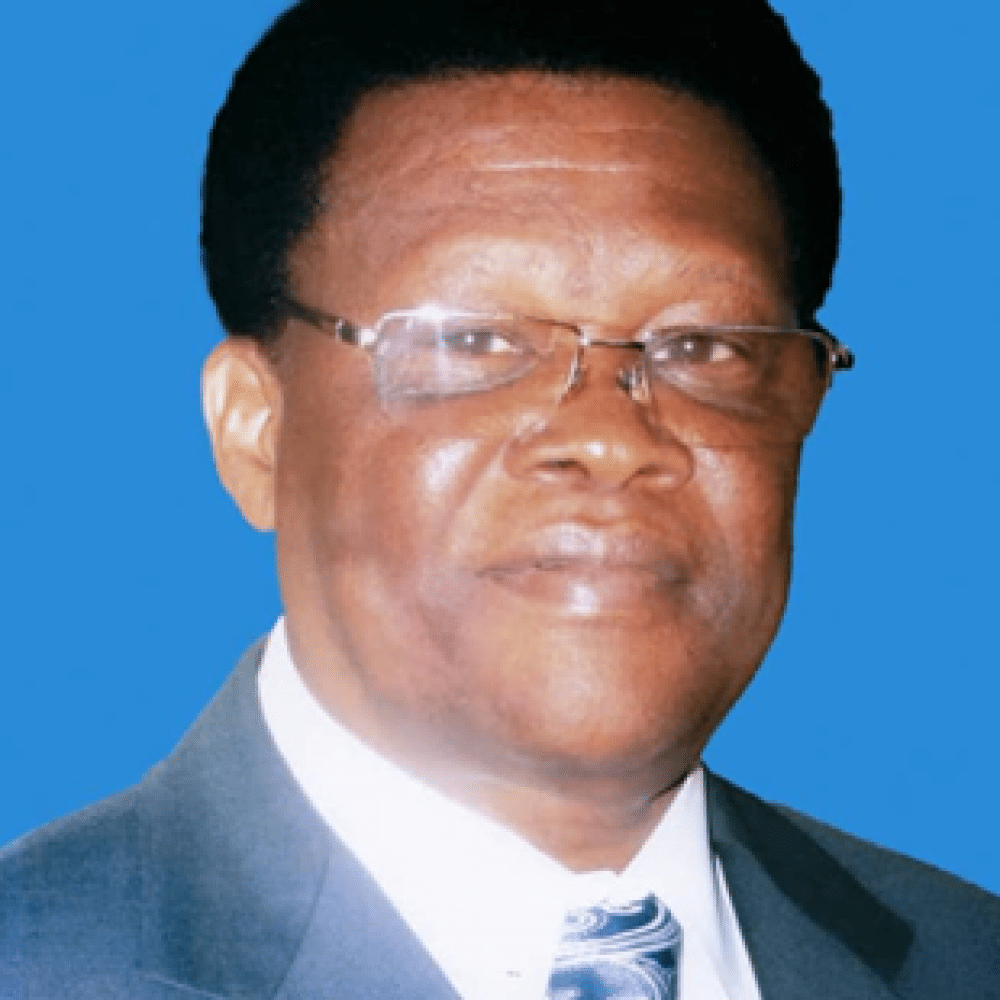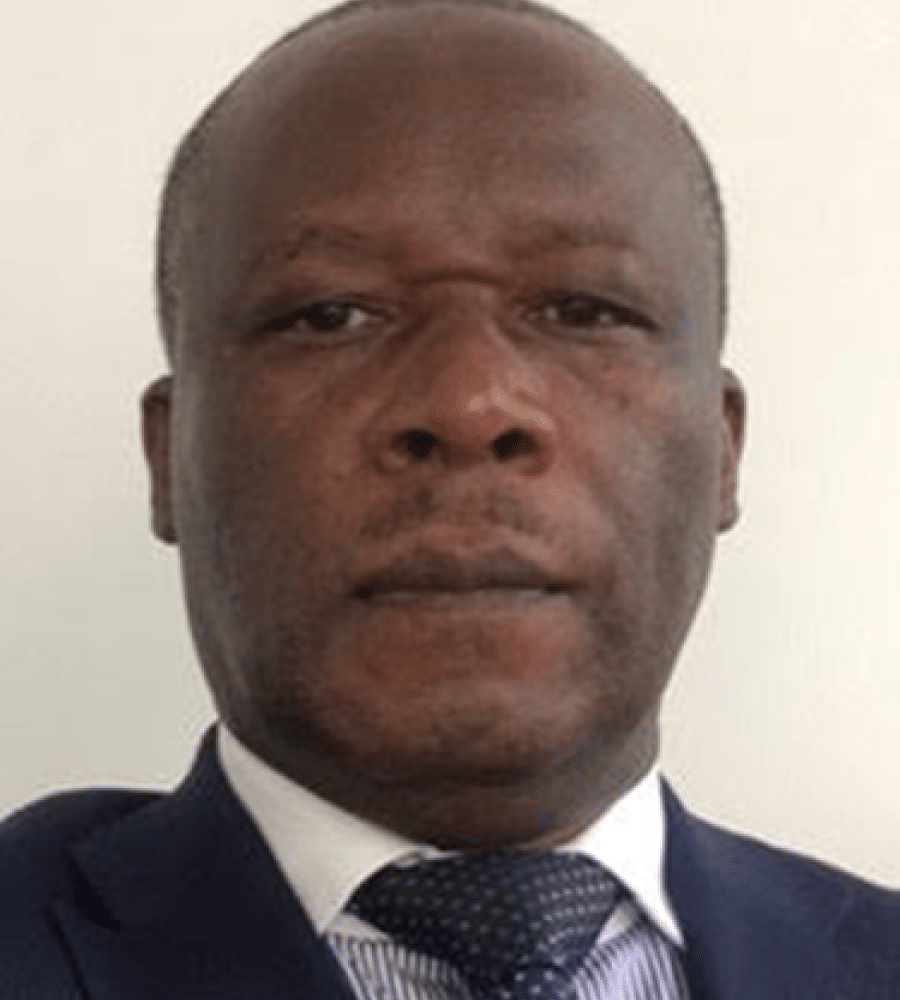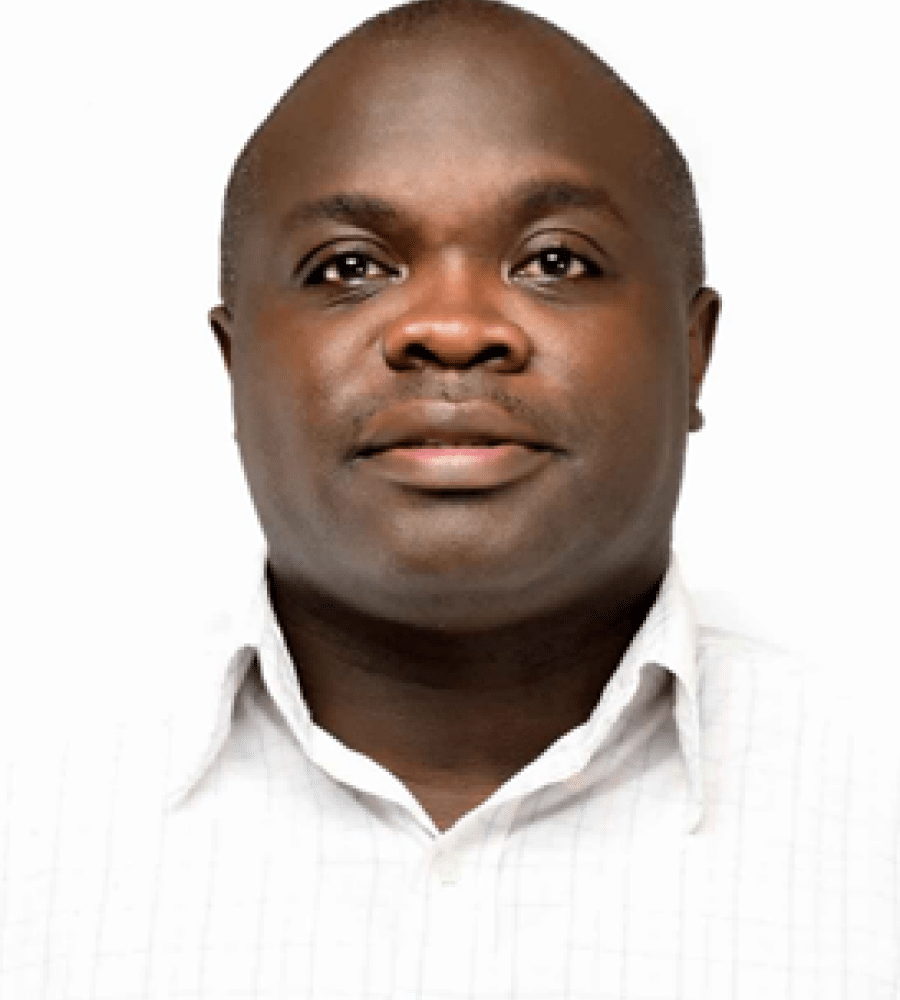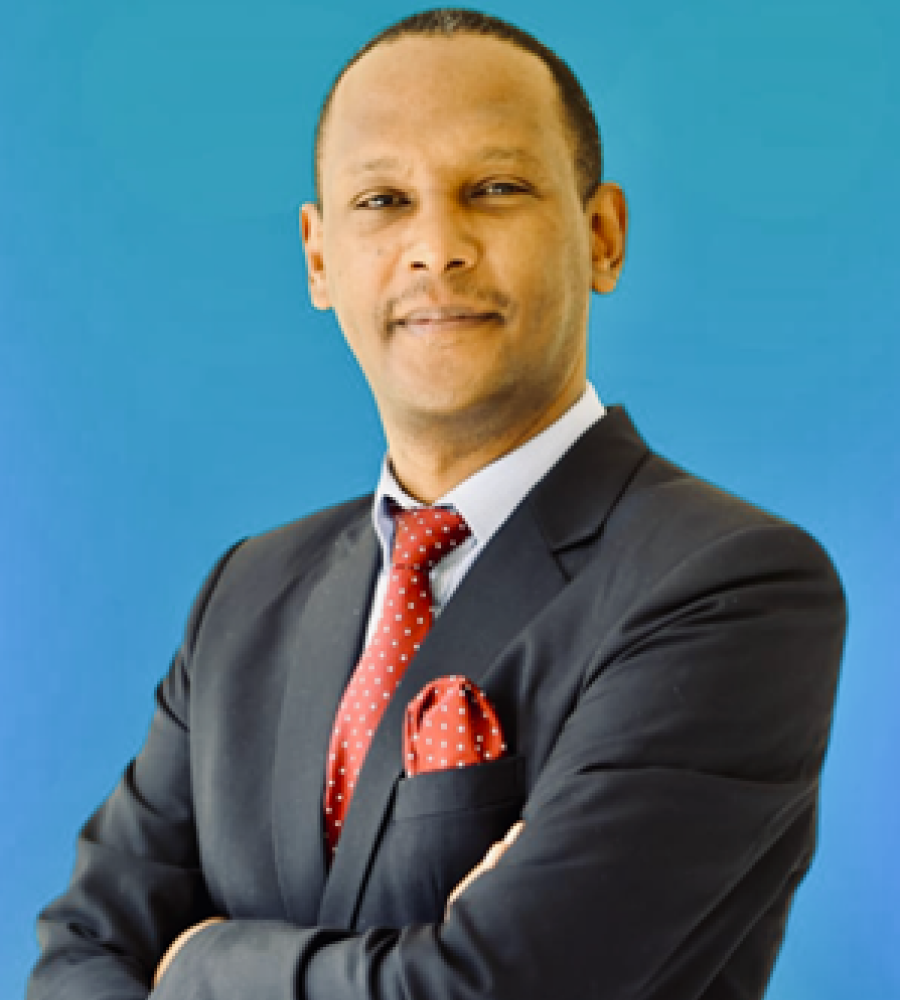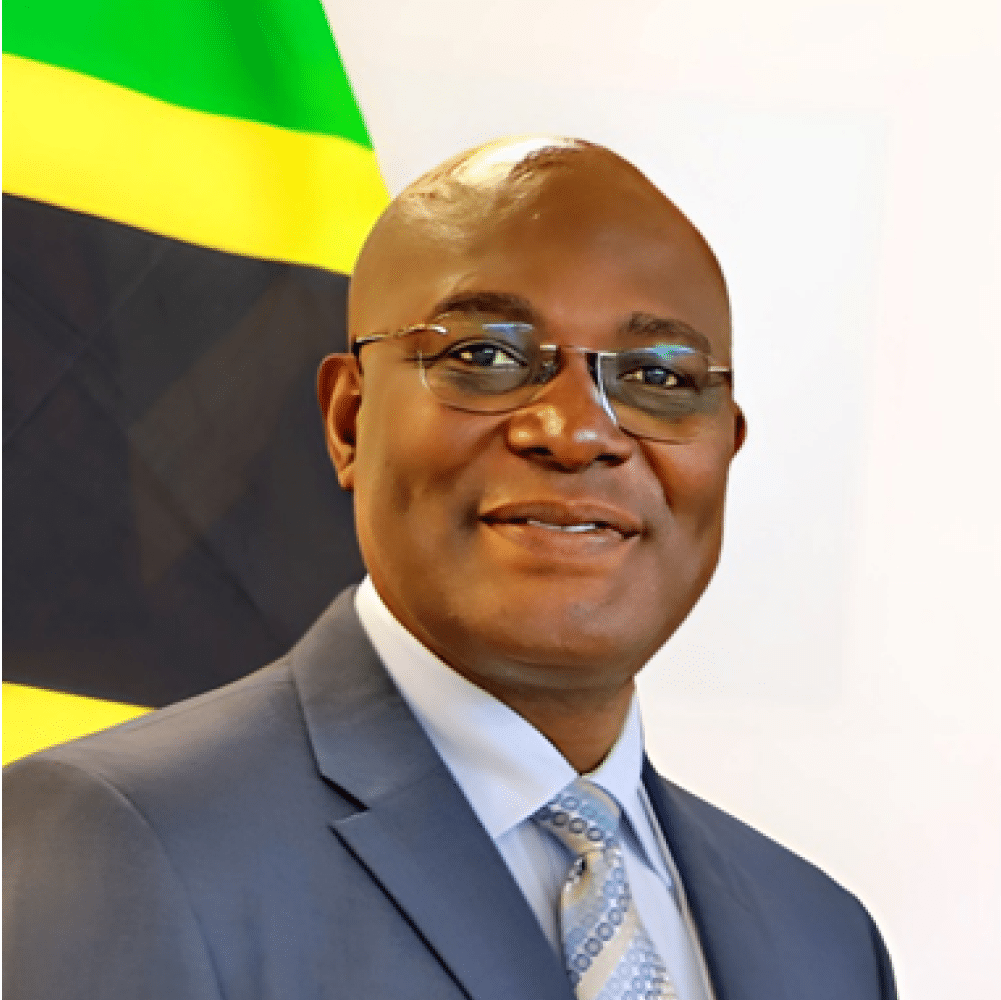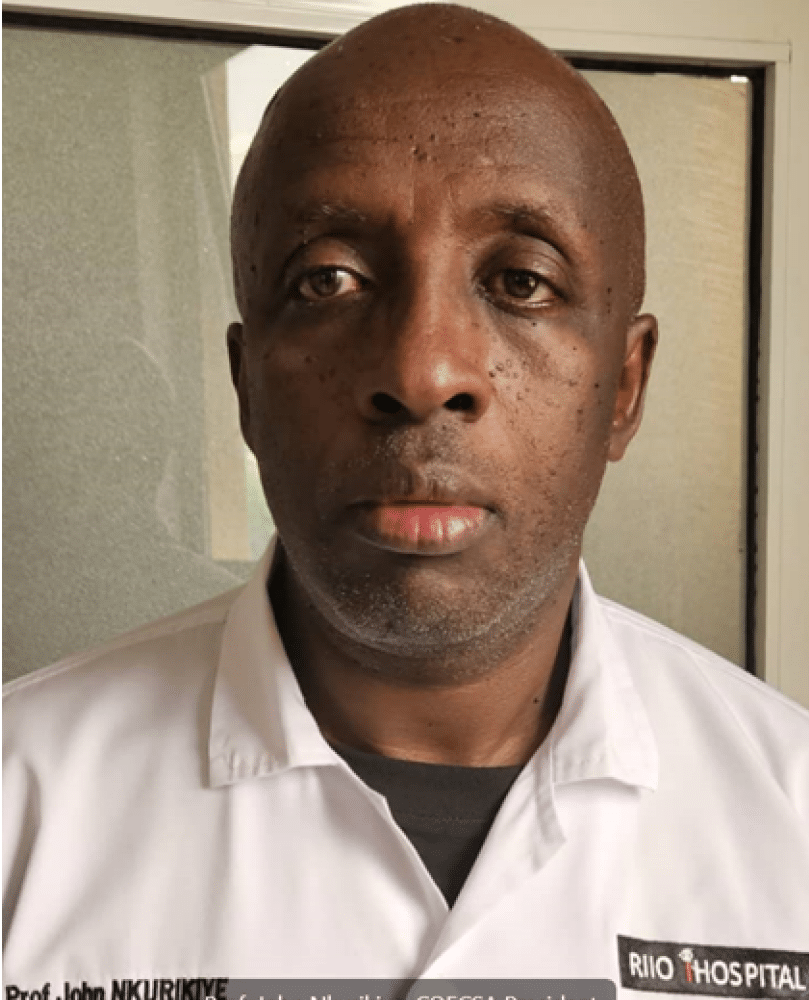Who we are
The East, Central and Southern Africa Health Community (ECSA-HC) is a regional organization set up in 1974 to foster cooperation among member states that will lead to the strengthening of health care programs in the region and promote attainment of the highest possible standards of health among member countries.
Through a health ministers resolution in 2014 (ECSA/HMC54/R9), an umbrella college, the ECSA College of Health Sciences (ECSA-CHS) was established. The ECSA-CHS is meant to streamline the operation and relationship amongst the professional colleges, enhance visibility, standardize processes and procedures including quality management, engage stakeholders and tackle common challenges related to accreditations and recognitions by education and professional regulators in the member states, leading to excellence and cost-efficiency in specialists healthcare training, service provision and research in the region.
It focuses on improving health care in the East, Central, and Southern Africa region through the development of high-quality health science education, research, and training programs. ECSA-CHS currently has nine (9) constituent colleges under its umbrella.
Our Vision
A regional College and Center of Excellence contributing to the attainment of the highest standard of health for people in the region.
Our Mission
The Mission of the ECSA-CHS is to promote excellence in specialist services in the East, Central and Southern Africa region in training, service provision and research through the constituent Colleges
&
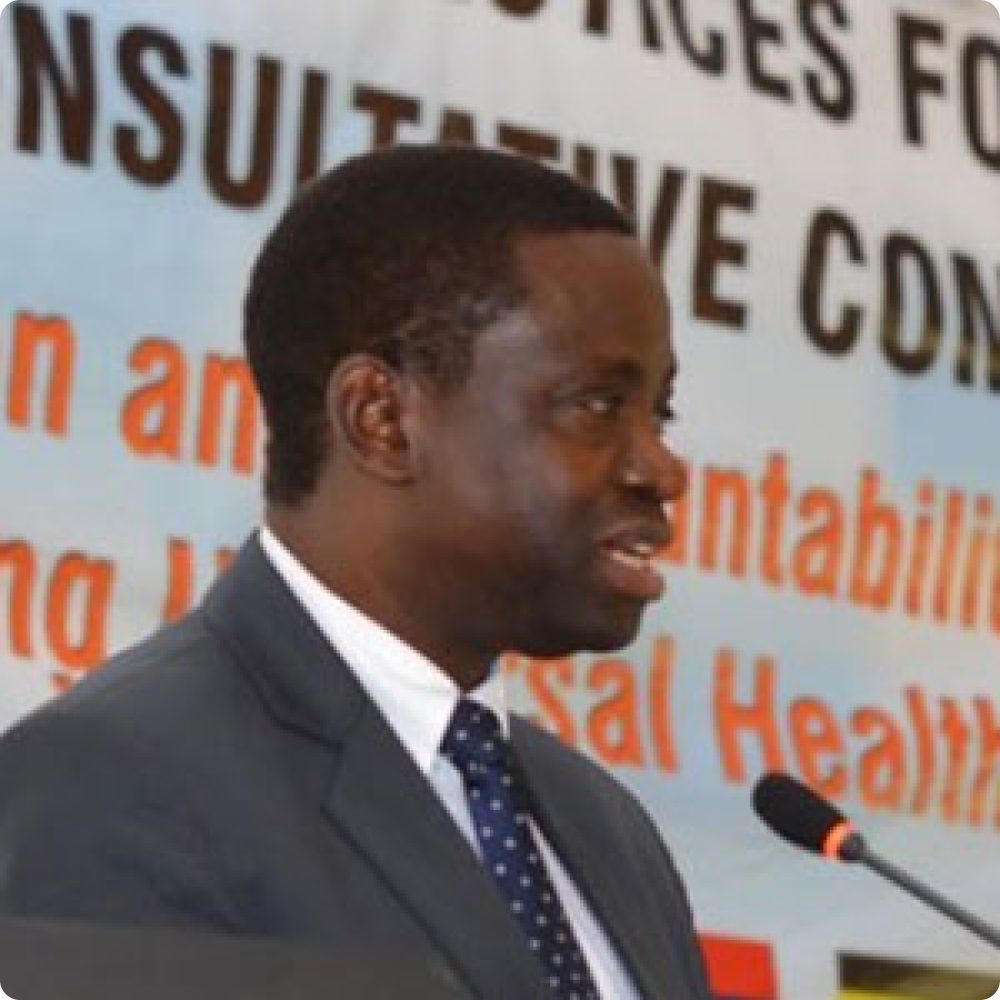
Prof. Yoswa Dambisya emphasized that leadership is key to tackling challenges and ensuring sustained excellence in the healthcare sector.
Prof Yoswa Mbulalina Dambisya (MB ChB; PhD), Director General

As we navigate the ever-evolving landscape of healthcare, let us remain steadfast in our commitment to innovation, equity, and compassion. Together, we can build a healthier, more resilient future for all
Dr. Consity Mwale (COESCA), Chairperson, ECSA-CHS Senate Chairperson

Prof. Yoswa Dambisya emphasized that leadership is key to tackling challenges and ensuring sustained excellence in the healthcare sector.
Prof Yoswa Mbulalina Dambisya (MB ChB; PhD), Director General
As we navigate the ever-evolving landscape of healthcare, let us remain steadfast in our commitment to innovation, equity, and compassion. Together, we can build a healthier, more resilient future for all
Dr. Consity Mwale (COESCA), Chairperson, ECSA-CHS Senate Chairperson

Leadership
The ECSA-CHS governance and management are organized into three main bodies:

The Senate
- Composed of Presidents and Secretary Generals of the Constituent Colleges (or their equivalents).
- Meets at least once a year to provide policy and strategic direction
The Executive Committee
- The Senate Chairperson, Committee Vice Chairs, ECSA-HC Director General, and ECSA-CHS Registrar.
- The Senate Standing Committees are advisory to the Senate.
- Academic Affairs Committee
- Financial Affairs Committee
The Secretariat
- An administrative unit led by the College Registrar.
- Responsible for the day-to-day management of ECSA-CHS and the implementation of the Strategic Plan.
The Senate Members
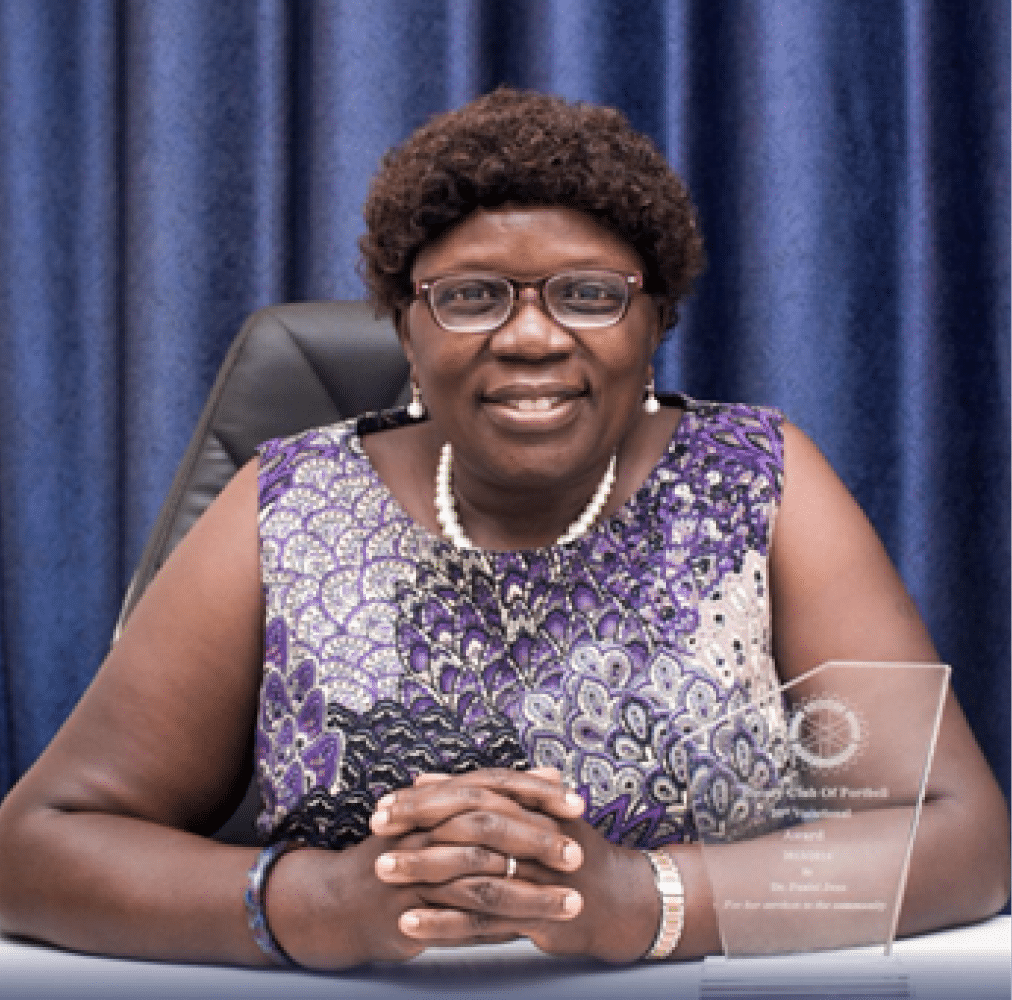
Senate Vice Chairperson, ECSA-CHS Administrative and Development Committee
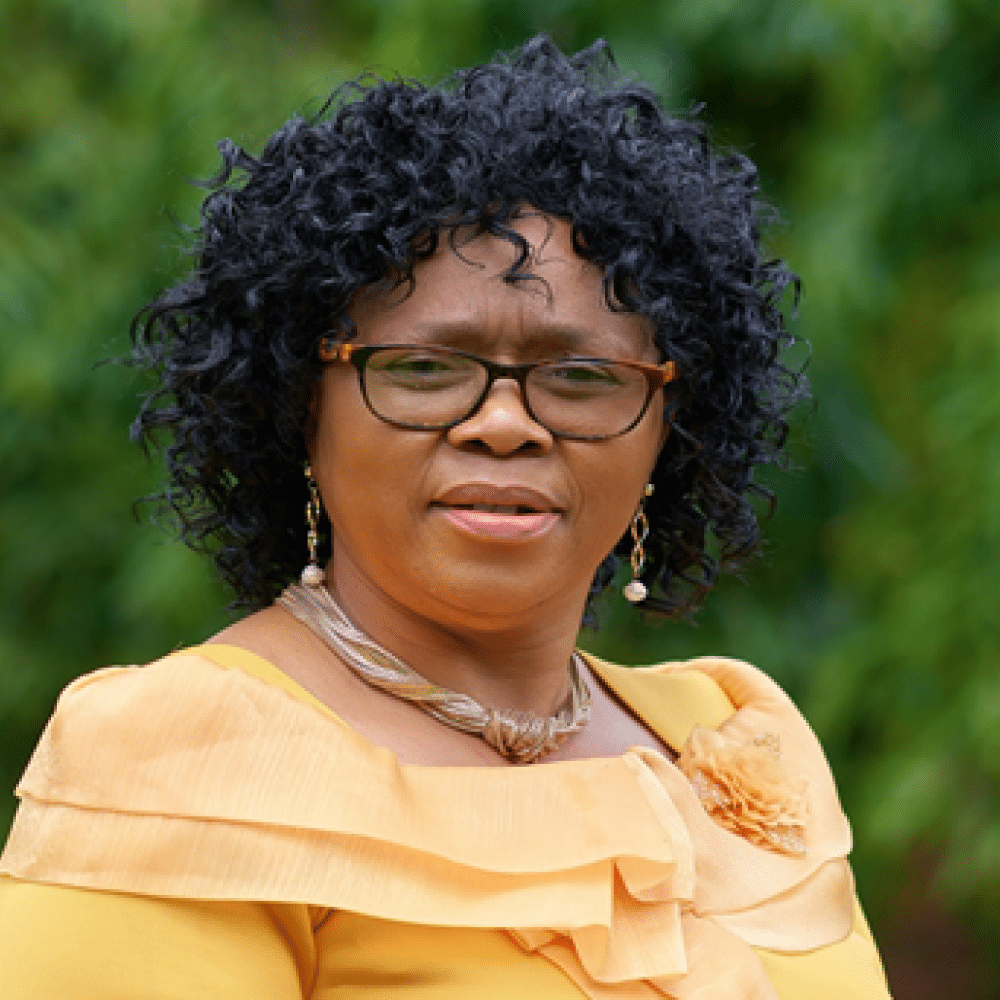
(ECSACONM) Senate member, ECSA-CHS Administrative and Development Committee

(ECSACOG), Senate member, ECSA-CHS Administrative and Development Committee

(CANECSA), Senate member, ECSA-CHS Administrative and Development Committee
